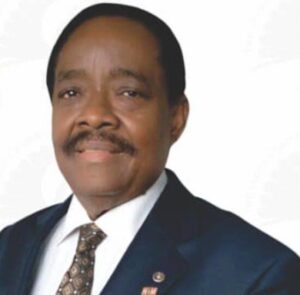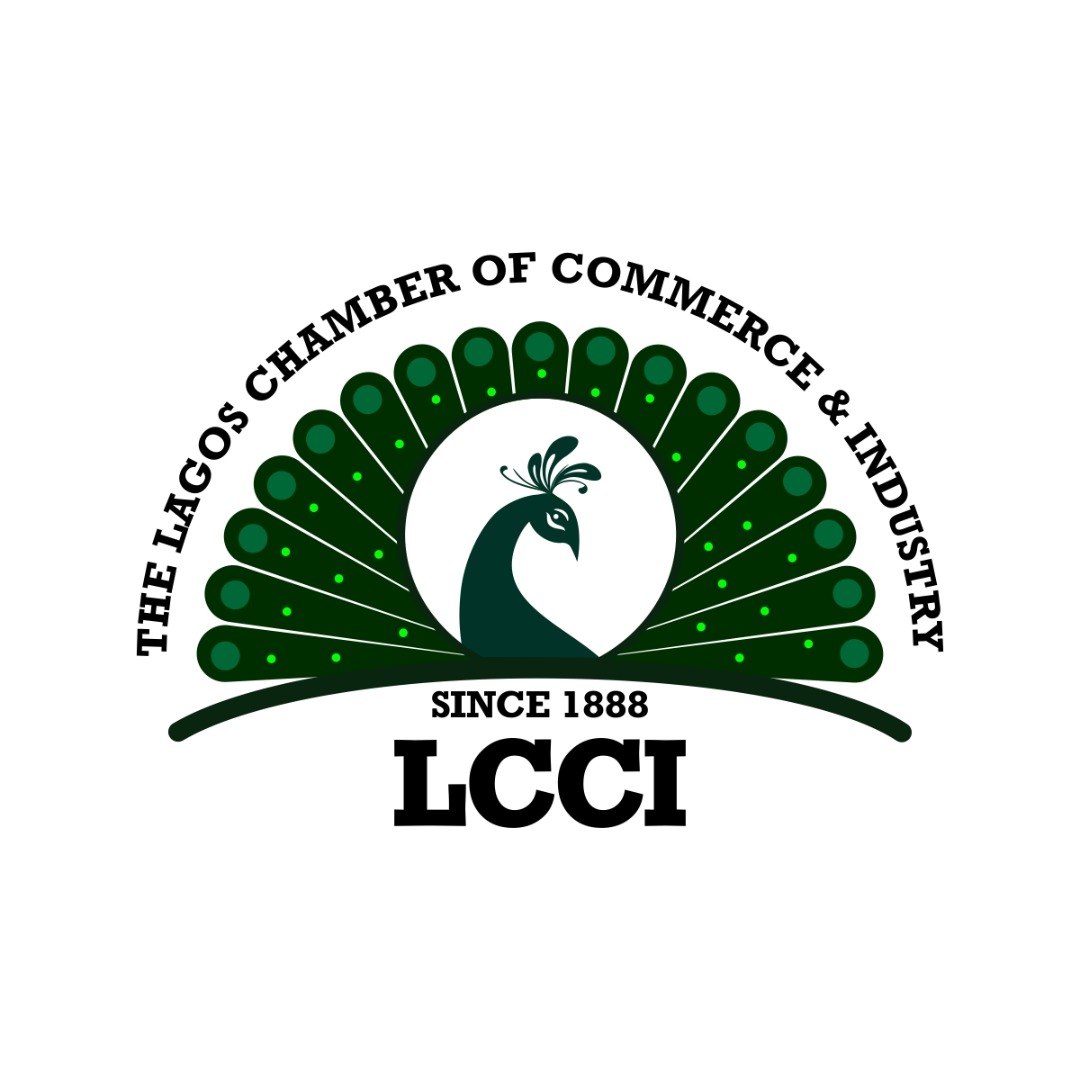300

The Lagos Chamber of Commerce and Industry (LCCI) has called on the Nigerian government to put an end to revenue leakage of over $5 billion paid annually as freight to foreign shipowners
In a position statement on current matters of national economic development sent to The Economy, the LCCI cautioned the Federal Government on its bid to merge the Nigerian Maritime Administration and Safety Agency (NIMASA), Federal Inland Revenue Service (FIRS), and Nigeria Customs Services (NCS) into the Nigerian Revenue Services (NRS).
The position statement signed by LCCI president and chaieman of Council, Dr Michael Olawale-Cole, the chamber reiterated its support the recent revenue drive policies and executive orders signed by Nigeria’s president, Bola Tinubu.
“The Government should ensure that implementing the proposed merger does not impede the ease of doing business,” the chamber however noted, adding that “it would also be necessary for the Government to ensure that the fallout of the proposed merger, such as staff rationalization, realignment of operating structure, accountability, and transparency, are adequately dealt with.”
LCCI further stated: “While we commend the Government on some of its recent measures to stop wasteful spending, we urge the Administration to halt the revenue leakage of more than $5 billion paid as freight to foreign ship owners. The Chamber’s perspectives are in tandem with the Government’s need to check the over-bloated and inefficient workforce of the Ministries, Departments, and Agencies (MDAs).
“Regarding the merger, we are willing to nudge the Government to embrace critical stakeholders’ engagement and consultation, which we hope will provide further insights into charter-specific responsibilities and possibilities.”

The LCCI also expressed its support for the president’s recent Executive Orders saying they would curb arbitrary taxation policies.
The Orders: The Finance Act (Effective Date Variation) Order 2023, Customs Excise Tariff (Variation) Amendment Order, 2023, Suspension of the Five-Percent Excise Tax (Telecommunications Services) Order, and the Excise Duty Escalation (locally manufactured products) Order, 2023.
The LCCI notes with satisfaction that the Executive Orders demonstrate the listening ear tendency of President Tinubu.
“They further highlight the Administration’s readiness to strengthen due process, willingness to follow established path, and readiness to uphold collective agreements while at the same time taking into serious consideration their economic growth impacts in general and the organized private sector in particular,” LCCI stated.
The chamber said the tax adjustments would also lessen the current hardship being faced by the households. With the new dates, the LCCI believes that they will afford the affected sectors enough time to rise to the expectations of the Acts.
The chamber also commented on yhe Presidential Committee on Fiscal Policy and Tax Reforms and lauded the recent appointment of Taiwo Oyedele as Chairman of the Presidential Committee on Fiscal Policy and Tax Reforms established to remove barriers impeding business growth in Nigeria is decisive affirmative action.
It stated: “It is clear by this pronouncement that the President recognizes the importance of a sound fiscal policy environment and an effective taxation system for the functioning of the Government and the economy. The committee’s primary objective would be to enhance revenue collection efficiency, ensure transparent reporting, and promote the effective utilization of tax and other revenues to boost citizens’ tax morale, foster a healthy tax culture, and drive voluntary compliance.
“Your Excellency, it would be important for the committee to focus on expanding the tax net to avoid overburdening existing taxpayers. Other issues of revenue leakages, such as oil theft, should also be properly addressed. These would ensure that the Government can earn more revenue and that there will be less dependence on internal and external borrowings to fund the budget.These efforts will improve Nigeria’s revenue profile and create a more conducive and internationally competitive business environment.”


